Es gibt automatisierte Entscheidungssysteme für das Revenue Management und dann gibt es noch Revenue Management-Supporttools, die auf einem regelbasierten Ansatz zur Festlegung und Änderung von Preisen basieren. Während dies für einige erfahrene Benutzer möglicherweise eine effiziente Methode ist, erfordert die regelbasierte Technologie ständige manuelle Eingriffe und wird zweifellos Probleme bereiten, wenn sich die Marktbedingungen ändern und Personalwechsel stattfinden.
Lesen Sie weiter, um die Grenzen eines regelbasierten Systems und die unbestreitbaren Vorteile einer vollständigen RMS-Automatisierung zu verstehen.
Mehr Automatisierung bedeutet mehr Agilität
Da historische Daten aufgrund der Pandemie unzuverlässig geworden sind, schafft ein regelbasiertes Revenue Management ein Labyrinth von Grenzfällen, die bei Anpassungen der Preisstrategie berücksichtigt werden müssen. Bei unsachgemäßer Umsetzung wird der Umsatz Ihres Hotels negativ beeinflusst, bis die Betreiber es bemerken.
Eine wirklich automatisierte Revenue-Management-Technologie hilft Hotels dabei, eine konsistente Strategie zu entwickeln und umzusetzen und wichtige Entscheidungen zu treffen, ohne von der Fachkompetenz einzelner Benutzer abhängig zu sein. Qualifizierte Mitarbeiter wechseln, Stellenbeschreibungen ändern sich und aufgrund der Pandemie wurden viele talentierte Mitarbeiter entweder beurlaubt oder haben die Branche ganz verlassen. Deshalb muss ein gutes RMS für alle Stellenbeschreibungen und Hoteltypen geeignet sein, unabhängig vom Hintergrund der Benutzer.
Hotels mit einem automatisierten, entscheidungsbasierten RMS konnten den Übergang zur Rentabilität schaffen
Während Hotels mit einem entscheidungsbasierten, automatisierten RMS in die Gewinnzone gelangen konnten, da die Buchungen schnell wieder anstiegen, waren Hotels mit eingeschränkten Systemen gezwungen, die Logik hinter ihren Regeln neu zu analysieren – was oft einen erfahrenen Datenexperten erforderte, um ihre Komplexität zu entschlüsseln – und auf geringe Umsätze zu hoffen.
Das Ziel des Revenue Managements besteht heute darin, Marktveränderungen aktiv vorherzusagen und neue Preisstrategien zu entwickeln. Im Vergleich dazu müssen viele Hoteliers aufgrund ihres unterdurchschnittlichen RMS reaktiv bleiben.
Ein fortschrittliches, automatisiertes RMS unterstützt Sie beispielsweise bei der Erzielung von Höchstumsätzen durch Überbuchungsstrategien. Ein automatisiertes System kann anhand von Echtzeit-Datenanalysen No-Shows und Stornierungen vorhersehen und den Betreibern ermöglichen, entsprechend zu überbuchen. Strategien wie diese sind in einer regelbasierten Umgebung nur begrenzt umsetzbar und erfordern viel Erfahrung und technisches Geschick, um sie richtig umzusetzen.
Eine automatisierte Preisstrategie für Zimmertypen kann Ihnen helfen, Ihren Buchungsmix zu optimieren
Standardzimmer sind derzeit in anderen Hotels schneller ausgebucht als Deluxe- oder Spezialzimmer. Diese höherwertigen Zimmer werden dann als Überlaufoptionen für Standardbuchungen genutzt, was Hotels hilft, Zimmer kurzfristig zu füllen, sich aber langfristig negativ auf die Rentabilität auswirkt. In diesem Szenario kann ein automatisiertes RMS dabei helfen, die Lücke zwischen überbuchten Zimmern und der richtigen Preisgestaltung für höherwertige Zimmer zu schließen. Eine automatisierte Preisstrategie für Zimmertypen mit überlegenen Kontrollen der Aufenthaltsdauer und strategischen Upgrade-Pfaden kann Ihnen dabei helfen, Ihren Buchungsmix auf eine Weise zu optimieren, die eine manuelle, regelbasierte Preisgestaltung nicht nachbilden kann.
Die Zukunft des Revenue Managements liegt in der Automatisierung
Bei der Einführung neuer Technologien auf Objektebene ist es wichtig, zu überlegen, wie sie in das Ökosystem des Hotels integriert werden. Wenn Ihr Revenue Manager das Property-Management-System nutzt, um Einschränkungen zu verwalten, welchen Sinn hat dann ein RMS? Der Zweck der Technologie besteht darin, den Betreibern weniger und nicht mehr Arbeit zu machen, insbesondere in komplexen oder einschränkenden Umgebungen wie denen, mit denen wir heute konfrontiert sind. Dies ist notwendig, um in Zukunft neue Höhen der Rentabilität zu erreichen. Während sich ein automatisiertes System anhand weiterer Informationen selbst aktualisieren kann, kann ein eingeschränktes Preistool das Revenue-Management-Team eines Hotels dazu zwingen, wertvolle Zeit damit zu verbringen, das System erfolgreich anzupassen.
Da die Informationsflut, die Revenue Manager durcharbeiten müssen, jeden Monat neue Höchststände erreicht und die Suche nach Personal für Hotels weiterhin eine Herausforderung darstellt, müssen sich Hoteliers anpassen. Angenommen, Revenue Manager verbringen ihre ganze Zeit damit, Datenpunkte zu prüfen und ihre Tools anzupassen, um auf geringfügige Änderungen der Marktbedingungen zu reagieren. In diesem Fall haben sie nicht die Zeit, aussagekräftige Schlussfolgerungen über die Art dieser Daten zu ziehen. Eine ausgefeilte Automatisierung überwindet diese Einschränkungen.
Kostenloser Bericht: Ergebnisse der Revenue Management Outlook-Umfrage 2022
Trotz der Herausforderungen durch sich verändernde Marktbedingungen ist die Hotellerie dank innovativer Technologie in eine neue Ära der Anpassungsfähigkeit eingetreten. Das Revenue Management ist der frühen Epoche des „Yield Management“ weit entwachsen und ermöglicht es echten Umsatzführern und kommerziellen Strategen, das volle Potenzial jeder Buchung über mehrere Immobilien, Märkte und Segmente hinweg auszuschöpfen. Das Geheimnis liegt in automatisierten Entscheidungen und der Bereitschaft, die Regeln zu brechen.
Weitere Tipps zum Wachstum Ihres Unternehmens
Revfine.com ist die führende Wissensplattform für die Hotel- und Reisebranche. Fachleute nutzen unsere Erkenntnisse, Strategien und umsetzbaren Tipps, um sich inspirieren zu lassen, den Umsatz zu optimieren, Prozesse zu erneuern und das Kundenerlebnis zu verbessern.Entdecken Sie Expertenratschläge zu Management, Marketing, revenue management, Betrieb, Software und Technologie in unserem speziellen Hotel, Gastfreundschaft, und Reise Tourismus Kategorien.

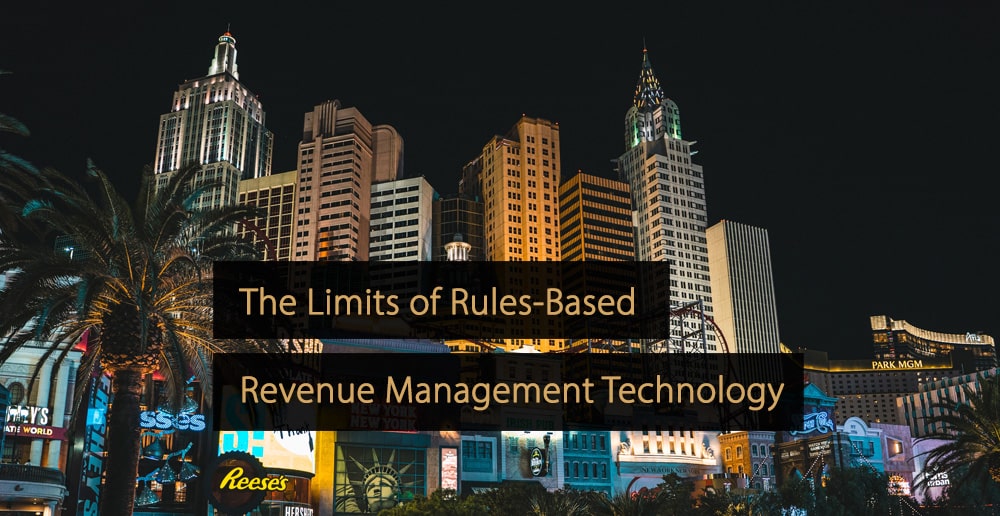
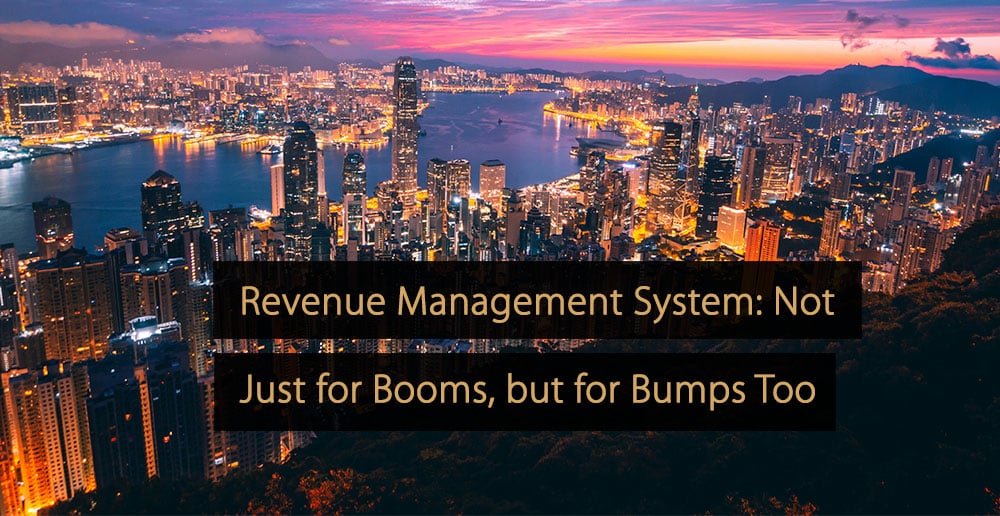
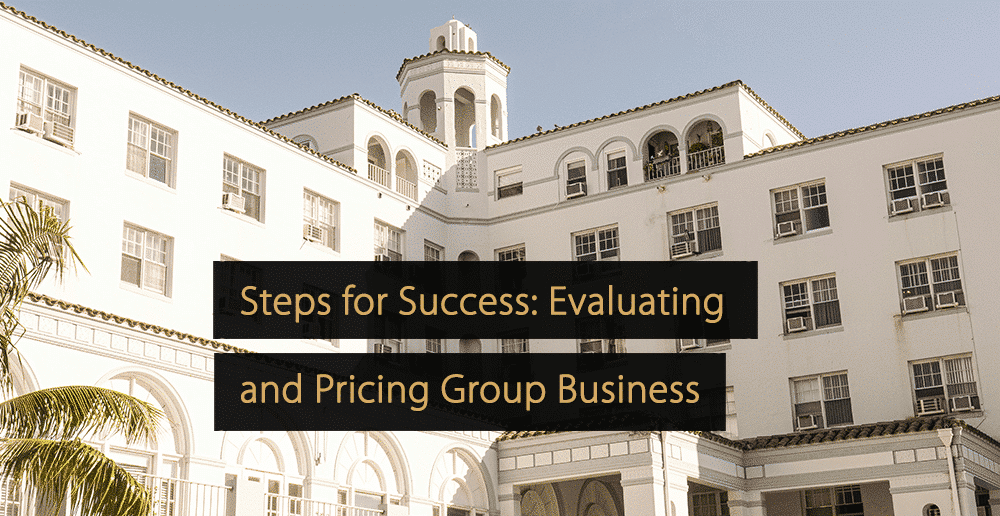
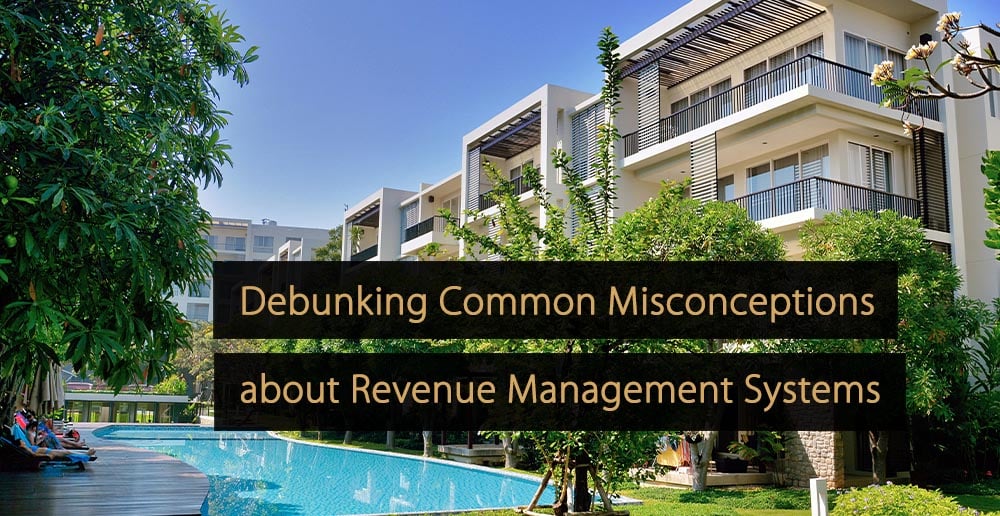


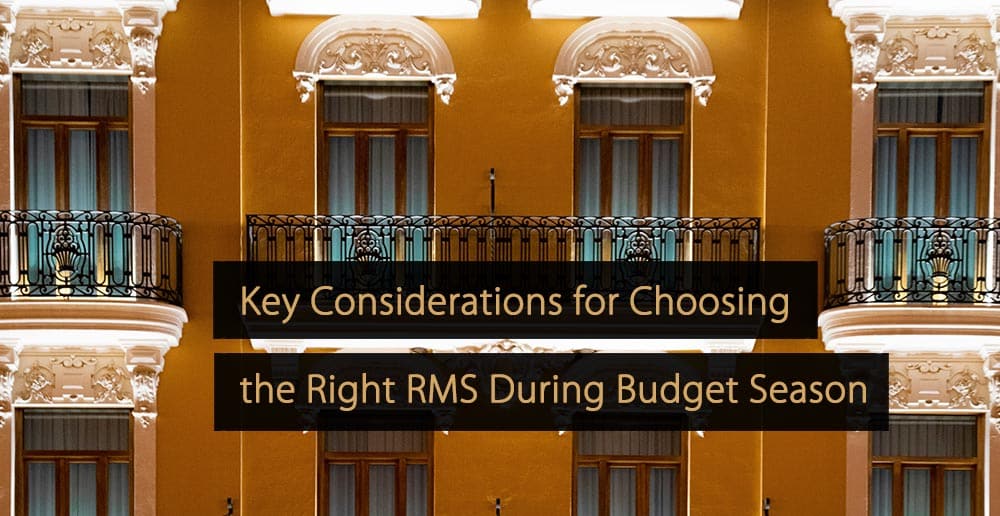
Leave A Comment